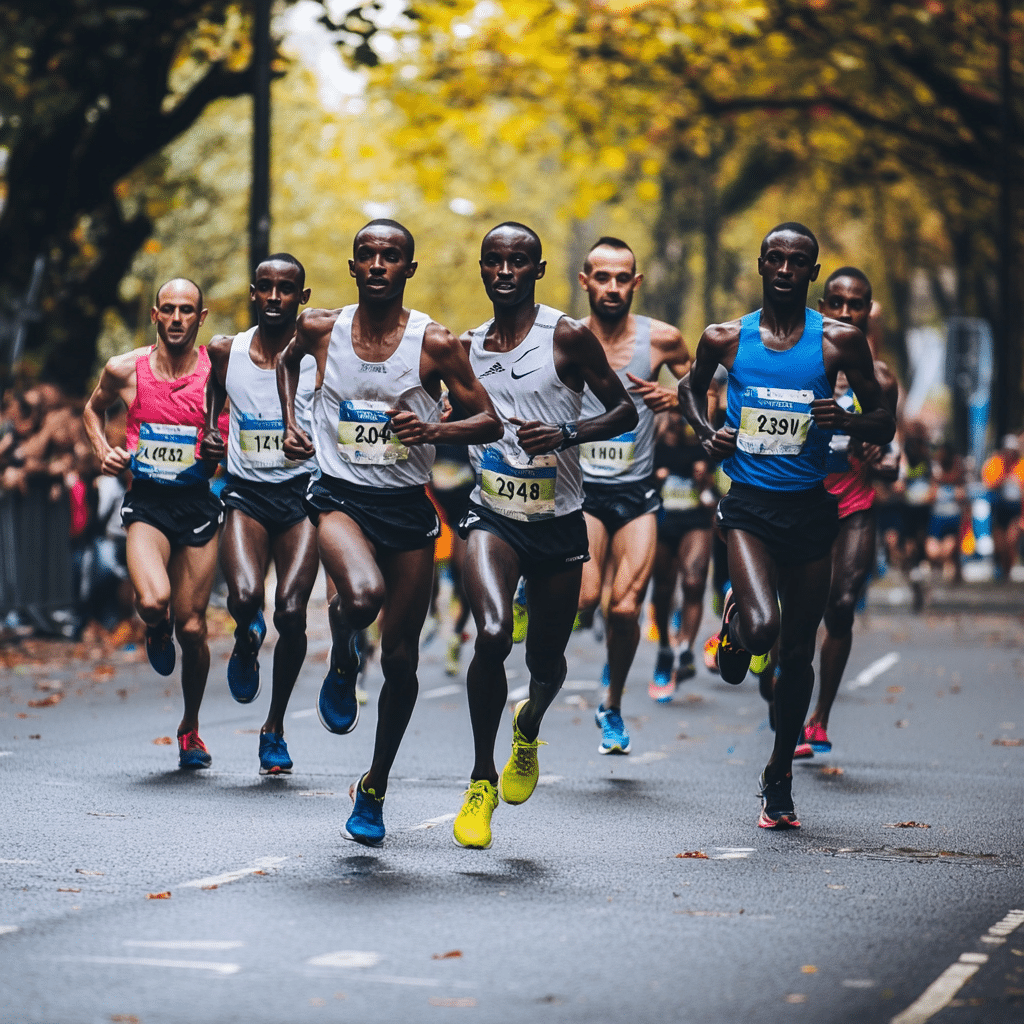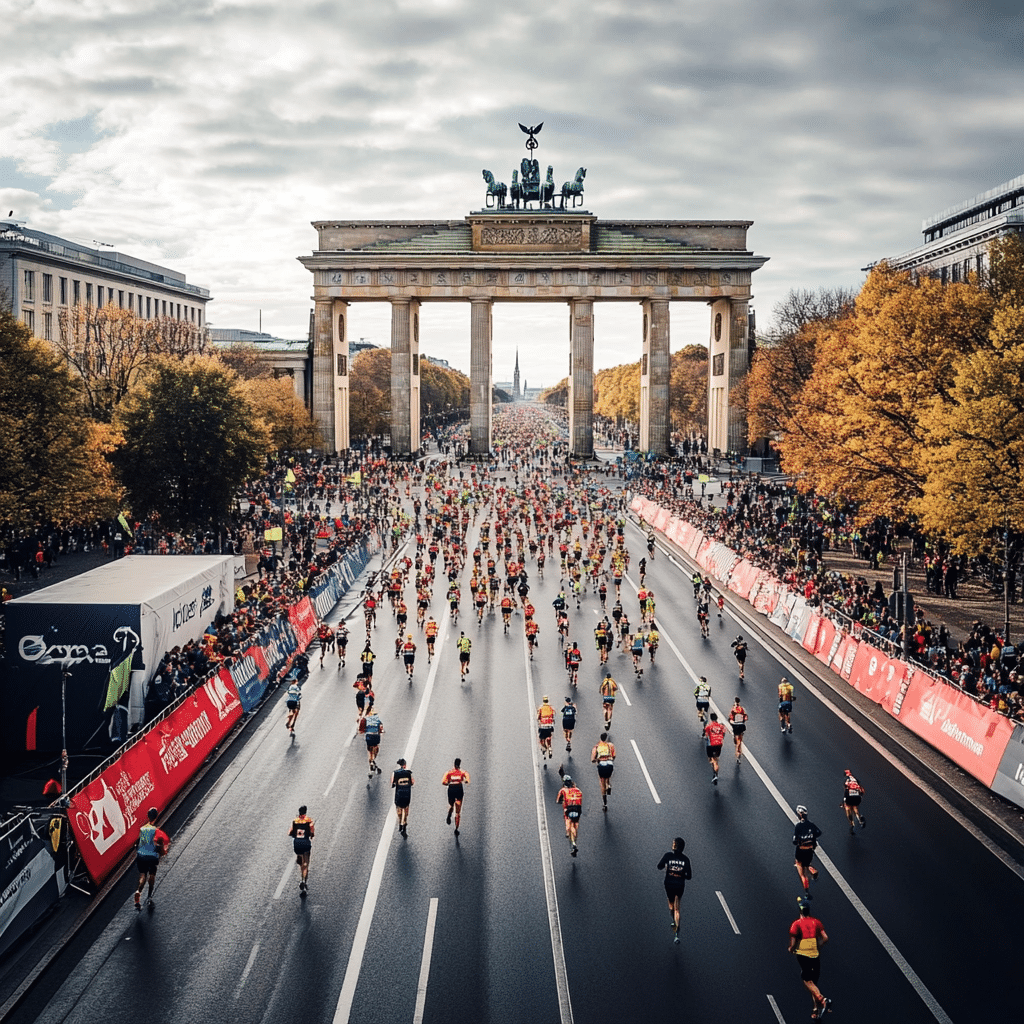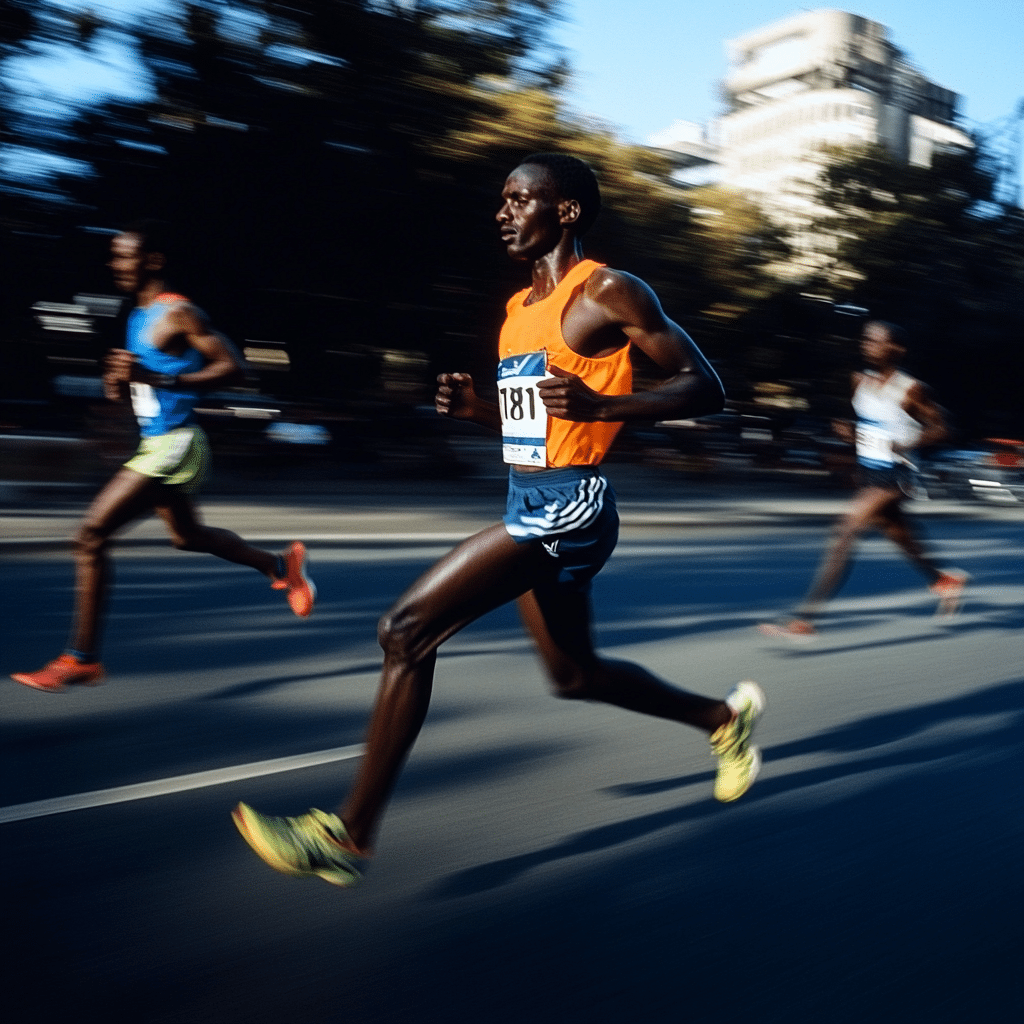The marathon world record has recently been shattered, igniting conversations about the limits of human endurance. As athletes push themselves to new heights, this remarkable achievement highlights the fascinating evolution of marathon running. It not only showcases incredible feats of speed and stamina but also rekindles our fascination with human potential. Runners are better than ever, fueled by a combination of science, technology, and an unyielding spirit.
In today’s world, the marathon isn’t just a race; it’s a showcase of what the human body can achieve. With records consistently tumbling, it begs the question: How far can we really go? This article delves into the key elements contributing to the latest marathon world record, exploring the fascinating interplay of training, technology, competition, and mental strength that culminate in such awe-inspiring performances.

5 Factors Behind the New Marathon World Record
Today’s runners, like the phenomenal Eliud Kipchoge, have transformed their training regimens through scientific methodologies. High-altitude training camps are vital for building cardiovascular strength, while specialized recovery protocols facilitate optimum performance. Kipchoge’s success, including his record-breaking sub-two-hour marathon, is a testament to how such advanced techniques can elevate an athlete’s capabilities. This shift in training philosophy also includes the use of data analytics, allowing runners to track performance metrics and enhance their strategies for races.
Athletic footwear has entered a new era with innovations like the Nike ZoomX Vaporfly NEXT%. These shoes utilize carbon-fiber plates and ultra-light materials, providing remarkable energy return during long runs. This technology allows runners to maintain faster paces than ever before. Kipchoge himself acknowledges that footwear technology significantly impacted his world record time. With each stride, advancements in shoe design not only improve comfort but also enhance speed, giving athletes an edge in competitive environments.
The nutritional aspect of marathon running has taken monumental strides. Runners now meticulously plan their diets, employing strategies that include glycogen loading and customized hydration plans. Such practices optimize energy levels and contribute to faster recovery, essential for endurance athletes. The understanding of nutrition’s role has never been clearer, playing a key role in both training and performance during races. This healthy focus on diet means athletes are not just physically trained, but also equipped with the nutritional arsenal to tackle marathons head-on.
Just as crucial as physical training is mental fitness. Kipchoge and others emphasize the power of visualization and psychological fortitude. To maintain peak performance under pressure, athletes often work with sports psychologists who help them develop coping strategies for the rigors of extensive training and competition. This mental edge serves to bolster focus and resilience, which are paramount in the demanding landscape of marathon running. In a sport that can stretch well beyond two hours, mental acuity becomes as vital as physical strength.
Competition in marathon running has reached unprecedented levels, fueled by elite events like the Tokyo Marathon and Boston Marathon. These races attract top talent from around the globe, creating a scene where breaking records becomes part of the race’s fabric. Athletes are motivated not only by the thrill of competition but also by enticing rewards, including significant prize purses. This elevation of competition inspires runners to set their sights higher than ever before, resulting in record-breaking performances and an exciting buzz around the sport.
Beyond the Marathon: Comparing World Records in Athletics
Looking beyond the marathon, numerous records across other athletic disciplines provide fascinating insights into human performance. Here are some notable examples:

Reimagining Athlete Performance in the Future
As the marathon world record continues to be broken, we shift from viewing these victories as isolated incidents to recognizing them within a broader sporting evolution. Experts speculate that advancements in technology and physiology will soon make sub-two-hour marathons a common reality, altering our perception of endurance limits.
Today’s athletes are pushing the envelope, supported not only by coaches but also by innovative tools that help track and enhance performance. Every race offers an opportunity to challenge perceived boundaries, and we can expect to see records consistently fall across various sports disciplines. As these athletes work tirelessly to collide with the edges of possibility, we celebrate their dedication, innovation, and pursuit of greatness.
This latest marathon world record stands as a powerful symbol of human determination, illustrating how dedication, technology, and the relentless pursuit of excellence can redefine what it means to be an athlete. The future of endurance sports appears bright, and as we look ahead, one thing is certain: the quest to push the limits will only invigorate our collective imagination about what’s possible.
Marathon World Record: Pushing Human Limits
When we think about the marathon world record, it’s easy to get wrapped up in numbers—like the astonishing feat of completing 26.2 miles in under two hours. Did you know that this incredible milestone was first broken by Eliud Kipchoge in 2019, clocking in at 1:59:40 during a special event in Vienna? It’s like something out of a movie, akin to the suspenseful tales in the series with Jude Dillon , Mayor Of Kingstown actor. Breaking this record turned him into a household name, but it’s a path paved with years of training and dedication.
Moreover, some of the fastest marathoners come from Kenya, and they often credit high-altitude training for their remarkable speed. Their stunning performances remind us of the determination found in sports like basketball—think of the intensity that the Marquette Golden eagles men ‘s basketball team demonstrates on the court. It’s all about that competitive spirit, isn’t it? Did you know every single marathon record has its own story? For example, the first officially recognized marathon was run in the modern era in 1896, in honor of the ancient Greek soldier Pheidippides, who allegedly ran from Marathon to Athens.
In an interesting twist, marathons aren’t just for elite athletes. Events are held all around the world that welcome everyone! It’s as inclusive as Nina Mercedez ’ s endeavors in bringing awareness to health and fitness. Many would argue that training for a marathon reflects the disciplined lifestyle similar to someone navigating the demands of a career in the civil service.
As marathoners continue to chase the marathon world record, it pushes others to lace up their shoes, too. The story of running resonates with determination, showcasing that limits are meant to be shattered—just like how Oprah Winfrey has inspired millions, proving tough goals can be reached with the right mindset. From the thrill of crossing that finish line to the sheer joy of personal achievement, each runner contributes to the rich tapestry of marathon history. So, whether you’re a casual jogger or a record-breaker, each stride adds to the saga of what it means to embrace the marathon spirit.




